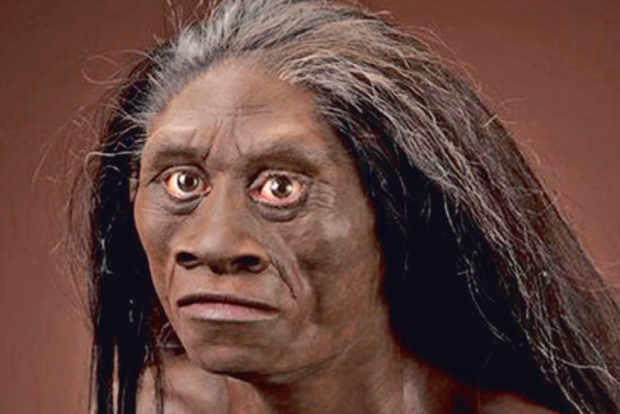Begin typing your search...
REWRITING EVOLUTION: What Darwin got wrong on gender, race, and why it matters
The authors of a book marking the 150th anniversary of Charles Darwin’s Descent of Man discuss “a most interesting problem” — namely how the naturalist’s fundamental misconceptions on sex and race still shape society.

Chennai
Most of us have heard of Charles Darwin’s theory of natural selection and his 1859 treatise, On the Origin of Species. Many more of us will have used the phrase “survival of the fittest” at some point in our lives and probably attributed it to the British naturalist (although, in fact, he borrowed it from a philosopher called Herbert Spencer, a sometime rival of Darwin’s). But let’s take a punt here and suggest that far fewer of us have heard of Darwin’s later work, The Descent of Man.
Published 150 years ago on February 24, the book explores, among other things, Darwin’s theory of sexual selection — a process which he believed was a “complementary force to evolutionary change,” as science historian Janet Browne states in A Most Interesting Problem.
Browne wrote the introduction to the new book that discusses what The Descent of Man “got right and wrong about human evolution.” Originally published in two volumes, The Descent of Man covered diverse aspects of animal and human animal life, ranging from comparative anatomy to mental faculties, the ability to use reason, morality, memory and imagination, or how animals choose to have sex and with whom or what. “Darwin proposed that sexual selection was instrumental in explaining the origin of what he called human ‘races’ and cultural progress,” writes Browne.
He argued that sexual selection explained why humans had broken off into different racial groups. Skin color and hair were important indicators. But according to Darwin, writes Browne, “sexual selection among humans would also affect mental traits such as intelligence and maternal love.” And that even within the racial groups. Darwin wrote: “Man is more courageous, pugnacious, and energetic than woman, and has more inventive genius.”
“I believe that Darwin truly was trying to explain the biological roots of the historical development of civilisation,” wrote Browne in an email to DW. “He thought sexual selection was an important factor in the development of the human mind as well.” But, Browne concedes, one is “not alone in finding Darwin’s thoughts problematic.”
But you may still be wondering: Why mark the anniversary of Descent of Man when it’s less well-known than The Origin of Species? “Origin of Species was just spectacular,” says Jeremy DeSilva, an anthropologist at Dartmouth College and editor of A Most Interesting Problem. “But then reading Descent of Man, I found myself in two minds.”
On the one hand, DeSilva told DW, Darwin had “incredible insight” about how humans were connected to other organisms and that we were all part of a grand process — “That every organism has an evolutionary story and so do we. He was onto something, and he set the stage for the next century or more of research.” And then on the flipside, says DeSilva, “I would read these chapters about race and sex differences and just cringe. Wow was he off. And why was he so off? Was he simply a product of his time? Or did he just have these deep biases as a privileged British man in the Victorian colonial era?”
This article was provided by Deutsche Welle
Visit news.dtnext.in to explore our interactive epaper!
Download the DT Next app for more exciting features!
Click here for iOS
Click here for Android
Next Story



